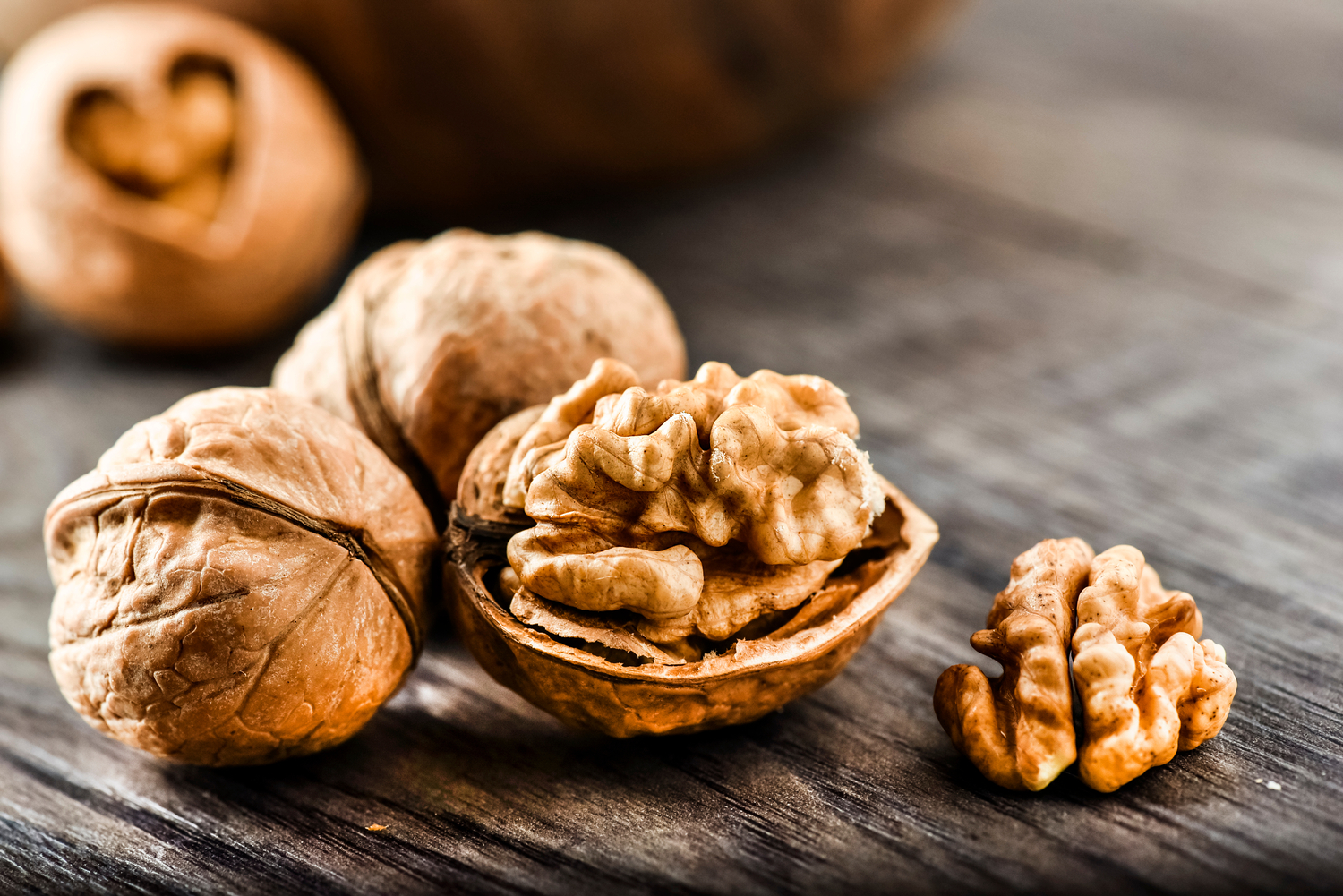
5 Top Foods To Help Fight Dementia
Care And Treatment For Those With Dementia
According to the Centers for Disease Control and Prevention (CDC), an estimated 5.8 million Americans suffer from Alzheimer’s disease and related dementias, and require some form of great medical alert systems, such as a seniors fall detect life alert system, for support. However, an increasingly expanding body of empirical evidence is showing that something as simple as nutrition is key in helping to prevent Alzheimer’s and other forms of dementia.
Home care and nursing services play a crucial role in providing personalized and compassionate assistance to individuals in the comfort of their own homes. For elderly individuals, having at-home nurses is invaluable, offering dedicated support tailored to their unique needs. This is especially important in Alzheimer’s and dementia care, where familiarity and a comforting environment contribute significantly to the well-being of patients. Home senior caregivers, strategically located near individuals, provide assistance with daily activities, medication management, and emotional support. The emphasis on care and treatment in home settings ensures that seniors receive individualized attention, fostering a sense of independence and dignity. As families seek reliable home care solutions, having at-home nurses for the elderly and specialized Alzheimer’s dementia care offers a holistic approach that prioritizes the overall health and happiness of individuals in their golden years.
To help those caring for loved ones with dementia, and those in independent living accommodation for the elderly, here is a list of the top five foods to help fight cognitive decline:
1. Leafy greens
A joint study performed at Rush University in Chicago and the Tufts Human Nutrition Research Center in Boston found consuming one serving equal to ½ cup of cooked green leafy vegetables each day was positively and significantly associated with slower cognitive decline in older adults. Researchers believe this may be due to the neuroprotective actions of the specific nutrients folate, phylloquinone, lutein, nitrate, α-tocopherol and kaempferol that are found in vegetables like kale and spinach.
2. Fatty fish
In a study published by the Departments of Medicine and Neurology at the University of California, “Omega-3 fatty acids and dementia” reported that reduced intake of omega-3 fatty acids, found in cold-water fish species such as salmon and lake trout, is associated with increased risk of age-related cognitive decline such as Alzheimer’s and other forms of dementia. This is believed to be due to omega-3 fatty acids producing multiple protective effects on the central nervous system that guard against age-related cognitive decline.
3. Coffee
Studies are increasingly showing evidence of coffee having a strong therapeutic effect against age-related dementia. This favorite beverage appears to provide its dementia-modifying effect through a direct reduction of Abeta production by suppressing both beta- and gamma-secretase levels, both of which are known to suppress neural activity. It is important to note that researchers are not certain if it is just the caffeine or an interaction of the caffeine with the disease-ravaging antioxidants quinones that provide the benefits. However studies have shown the same protective effects are not found with drinking decaf.
4. Blueberries
Researchers at the University of Cincinnati have found that the old adage of an apple a day keeping the doctor away also applies to blueberries. This is because the little purple wonders have an especially high concentration of anthocyanins, the micronutrients and antioxidants that give the berries their color and help defend the plants against disease. While more research is needed to understand the exact mechanisms that improve cognitive performance, Anthocyanins provide the same benefits to humans, helping to reduce inflammation while improving metabolic function and enhancing energy production within cells.
5. Walnuts
A study published in the “Journal of Alzheimer‘s Disease” found eating walnuts has positive effects on increasing memory and reducing the risk, delaying the onset, slowing the progression or even outright preventing Alzheimer’s disease. The study suggests the linoleic acid and high antioxidant content of these nuts protect against oxidative damage from the amyloid beta protein, a major component of amyloid plaques that cause Alzheimer’s disease.
While Alzheimer’s is the most insidious form, there are several types of dementia and dietary changes have shown promise when used in combination with doctor prescribed medications and therapies. If you need help for a loved one, there are options for senior living and services available for those with dementia including meal planning and dietary counseling. However, action should be taken as soon as possible to help prevent further decline.


